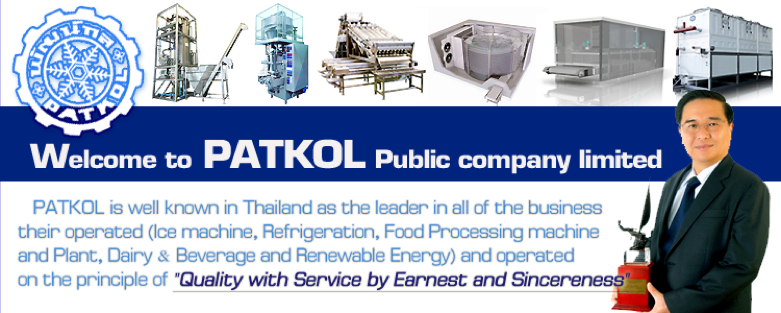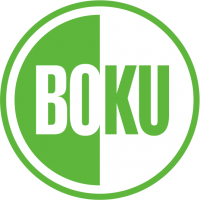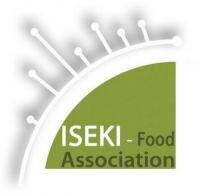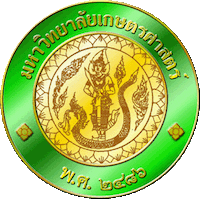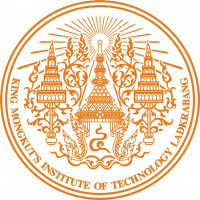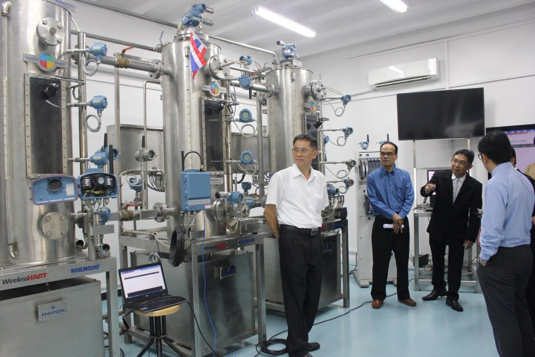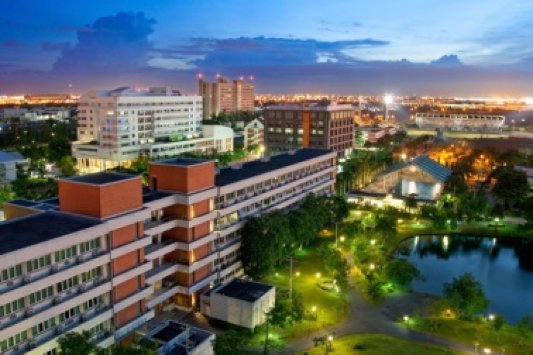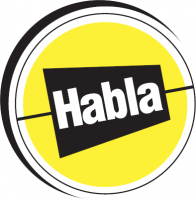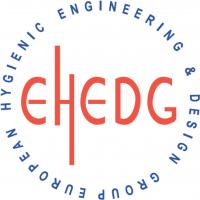PATKOL public Company Limited (www.patkol.com) is well known in ASEAN as the company providing the excellent engineering for the whole system of food processing plant. PATKOL is an engineering company in Thailand dedicated to providing the best possible products and services with a work force of more than 600 employed at the head office and production facilities. A passion for innovation and engineering excellence has been the driving force that has made PATKOL a leader in the manufacture of a wide range of industrial equipment and machinery. PATKOL’s unmatched engineering expertise has enabled it to offer a one-stop service, starting from the consulting and planning through blue print to design, installation and operation of a project, for numerable customers in the ice making machine, beverage, cold storage, dairy, and food processing industries.
PATKOL is organized in 7 groups of business operation, e.g. ice making machine business unit, refrigeration business unit, dairy & beverage business unit, food processing engineering business unit, petrochemical project business unit, turnkey project business unit, and service & maintenance business unit. The unit of diary & beverage business is divided into machine and system for machine for diary and beverage industries. PATKOL could design, manufacture and install the whole system as well as providing spare parts for milk plant, beverage industries in both alcohol and non-alcohol including stainless steel tank with CIP system.
The main strength of the PATKOL is the leading company in refrigeration and food machinery fields, especially in the diary and beverage business unit, with excellent engineering capability and high quality products. PATKOL always concerns to the quality of food equipment and plant with striving to seek out and find better ways of manufacturing premium quality products such as being a company member of the European Hygienic Engineering & Design Group (EHEDG, http://www.ehedg.org/) and a regional committee of EHEDG Thailand as a representative of food equipment manufacture.
Besides, PATKOL always supports the activity of university in the engineering education such as providing internships and trainers in order to raise the engineering students to be the processional engineer.
